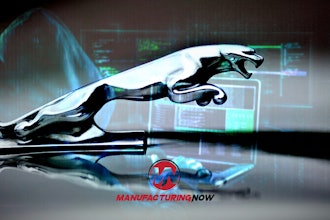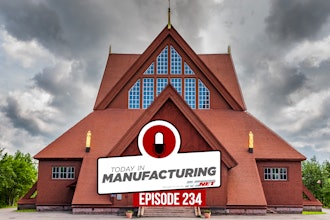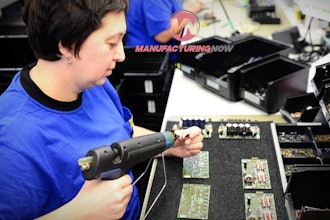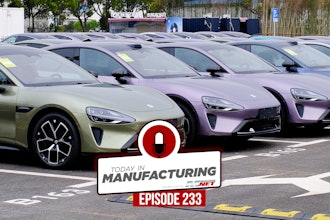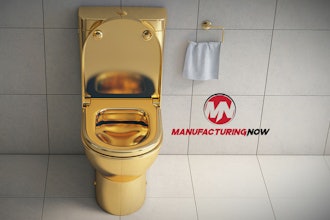At the height of the Cold War in the 1960s, Soviet officials joined with Italian automaker Fiat to form a state-owned Russian car company.
Over the decades, the brand that came to be known as Lada became a symbol for Russia’s industrial self-sufficiency from its massive factory in the southwest — and its accompanying domestic supply chain.
Today, it’s a much different world, and if it was already clear, recent events in eastern Europe have confirmed that the days of isolated, self-contained supply chains for heavy industry — particularly the auto sector — are over.
The Wall Street Journal, citing people familiar with the matter, reported that Lada shut down its factories and placed thousands of workers on leave last week, the result of economic sanctions imposed by Western nations following Russia’s invasion of Ukraine.
Lada’s parent company is now owned by French automaker Renault, and, like other automakers around the world, it relies on parts made thousands of miles away. Its factories use vehicle subassembly and components made by a Renault factory in Romania, and more than one-fifth of its electronics, connectors and other parts are made outside Russia.
In addition to sweeping sanctions against Russian companies and oligarchs, Lada also faces challenges connecting with suppliers due to Russia’s banishment from a global payments system. Its currency has tumbled in value, which makes parts more expensive, and numerous supply routes into the country are closed.
The crisis could mean a shortage of cars in Russia — where many foreign companies have already closed their plants in response to the attack on Ukraine — with no clear way out. One former executive told the Journal that it could take years to resume production at Lada without support from Renault.
The company’s official line, however, is somewhat different. It says it’s idled its plants through early March due to — you guessed it — a worldwide shortage of semiconductors.










